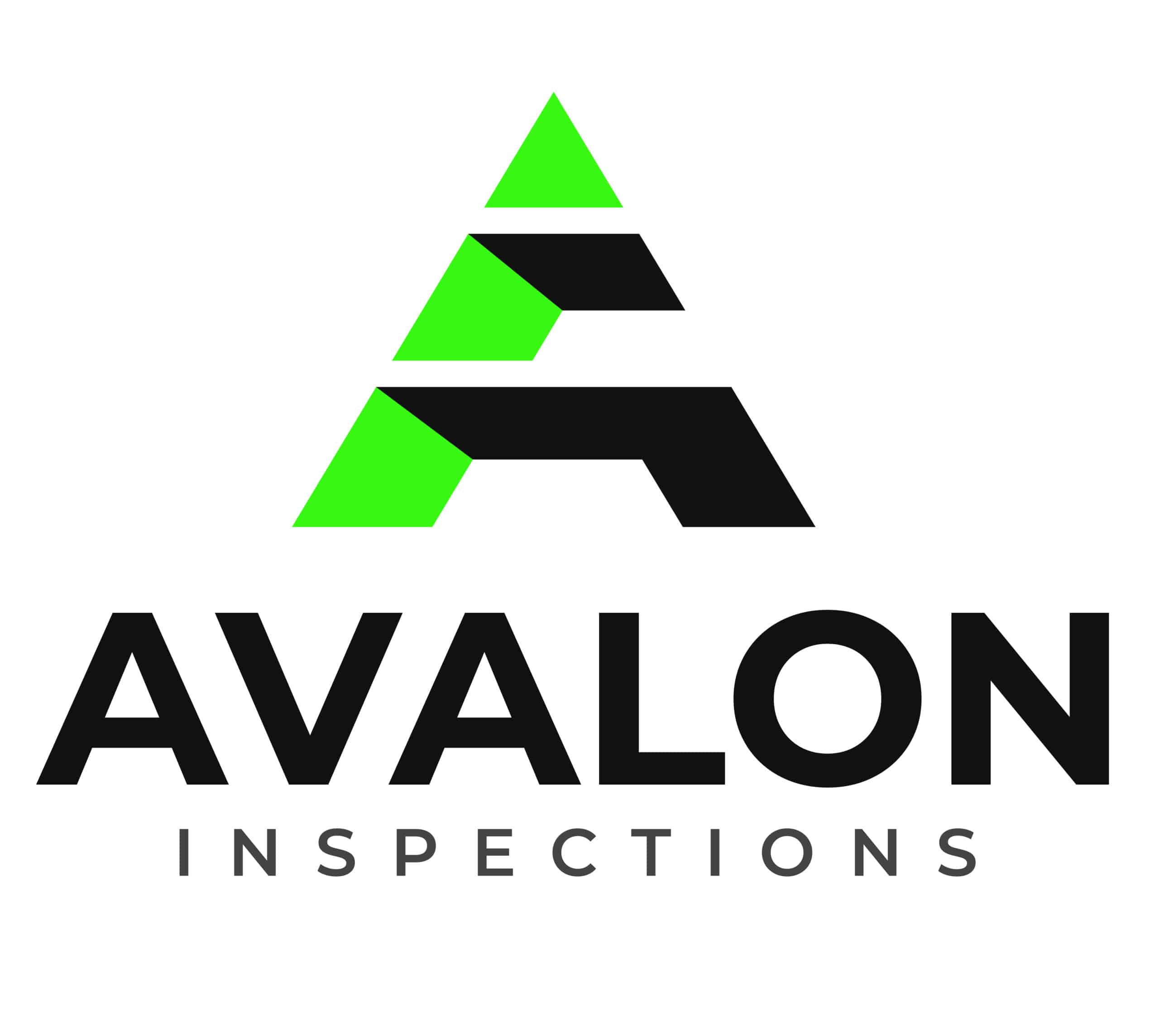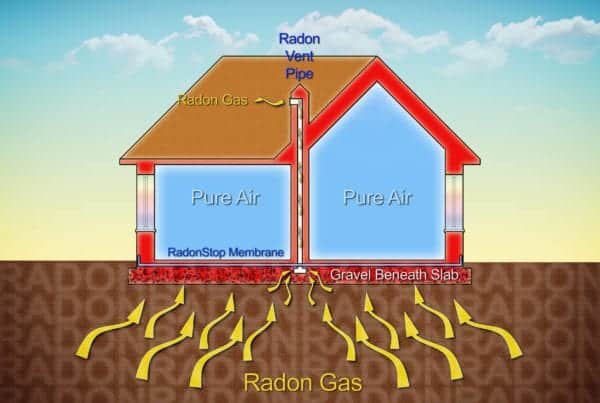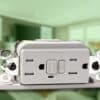
In this guide, we’ll walk through the simplest steps for manufactured homes to meet HUD standards, why they matter, and show how inspection and certification can save you time and stress.
Manufactured homes are a popular option for affordability, flexibility, and comfort. But if you plan to buy, sell, or refinance a manufactured home, you may run into one important requirement: meeting HUD standards.
HUD (the U.S. Department of Housing and Urban Development) sets guidelines for manufactured homes to ensure they are safe, secure, and properly installed.
If your home does not meet these standards, it can affect financing, appraisals, and even the sale itself.
What HUD Standards Mean for Manufactured Homes
HUD standards, also called HUD codes, are federal regulations that apply to manufactured homes built after June 15, 1976. They cover everything from construction materials and fire safety to energy efficiency.
But when people talk about “meeting HUD standards” during a real estate transaction, they are often referring to foundation certification.
For FHA, VA, and USDA loans, lenders require proof that the home is permanently affixed to a foundation that complies with HUD guidelines. Without this certification, financing may fall through.
HUD standards are not just a box to check. They protect buyers, sellers, and lenders by ensuring the home is structurally sound and properly supported for long-term use.
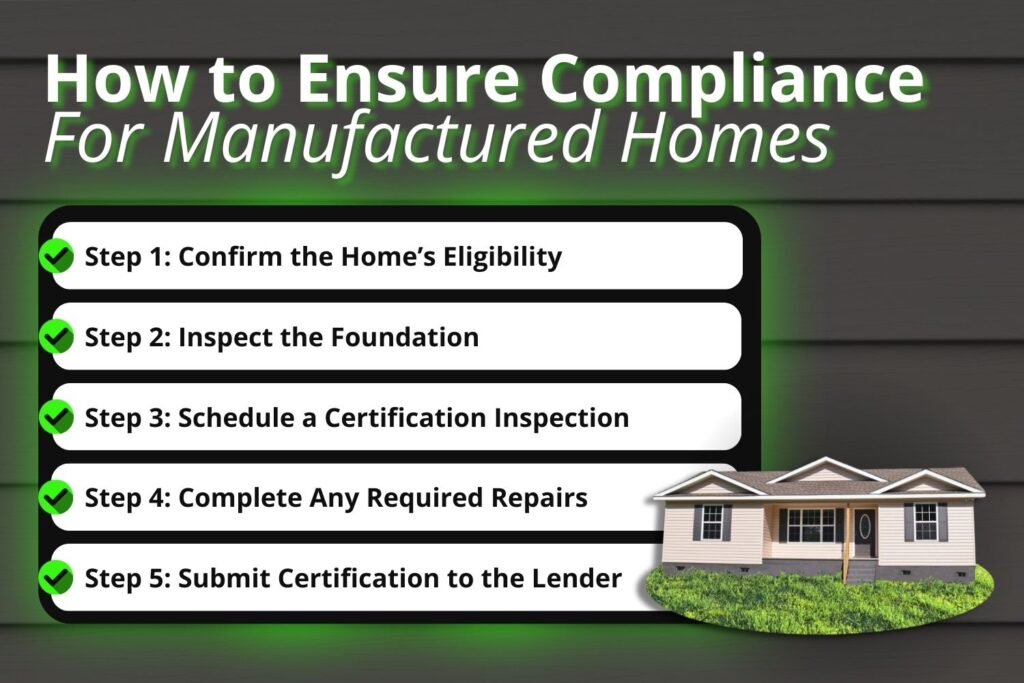
Step 1: Confirm the Home’s Eligibility
Not all manufactured homes qualify for HUD certification. Start by checking the basics:
- The home must have been built after June 15, 1976 (the date HUD codes went into effect).
- A red HUD certification label (metal tag) should be affixed to the exterior of each transportable section.
- The home must have a permanent foundation or be eligible to be placed on one.
If the HUD label is missing, it may require additional documentation from the Institute for Building Technology and Safety (IBTS) or state records. Without proof, certification may be delayed.
Step 2: Inspect the Foundation
The foundation is the most critical part of HUD compliance. HUD guidelines require manufactured homes to be installed on a permanent foundation system that can resist uplift, overturning, and lateral movement.
A permanent foundation typically includes:
- Poured concrete footings or a slab
- Concrete or masonry block piers
- Proper anchoring and tie-downs
- Adequate drainage and grading
A professional inspection will evaluate whether the foundation meets HUD’s structural and safety criteria. If repairs or upgrades are needed, they must be completed before certification is issued.
Step 3: Schedule a Manufactured Home Certification
Once you know the home is eligible and the foundation appears compliant, the next step is certification. This requires an inspection and report prepared by a licensed engineer or inspector approved to verify HUD standards.
The certification process involves:
- Reviewing the foundation system
- Checking installation details against HUD guidelines
- Documenting findings in a written report
- Providing a certification letter for lenders or appraisers
This letter is what lenders require for FHA, VA, or USDA financing. Without it, the loan will not close.
Avalon Home Inspections specializes in manufactured home certifications, making the process simple and straightforward for buyers, sellers, and realtors.
Step 4: Complete Any Required Repairs or Modifications
If the inspection reveals problems, don’t panic. Many issues are common and relatively easy to address. These might include:
- Loose or missing tie-downs
- Settling piers or footings
- Inadequate grading or drainage around the foundation
- Deteriorated skirting or moisture barriers
Your inspector will explain what needs to be fixed before certification can be issued. Addressing these issues not only helps with compliance but also improves the safety and longevity of the home.
Step 5: Submit Certification to the Lender
After the inspection and any necessary repairs, the inspector issues a certification letter. This document is then provided to the lender or appraiser as proof the home meets HUD standards.
With the certification in place, the financing process can continue without delays. This is often one of the final steps needed to move manufactured homes forward in a transation.
Why HUD Certification Matters for Buyers and Sellers
Certification is more than a formality. It directly affects real estate deals:
- For buyers: It ensures the home is safe, stable, and financeable through government-backed loans.
- For sellers: It prevents deals from falling apart at closing due to missing paperwork or failed inspections.
- For realtors: It builds trust with clients and reduces the risk of last-minute surprises.
According to the Manufactured Housing Institute, about 22 million Americans live in manufactured homes.
With demand growing, ensuring compliance with HUD standards is becoming increasingly important for smooth transactions.
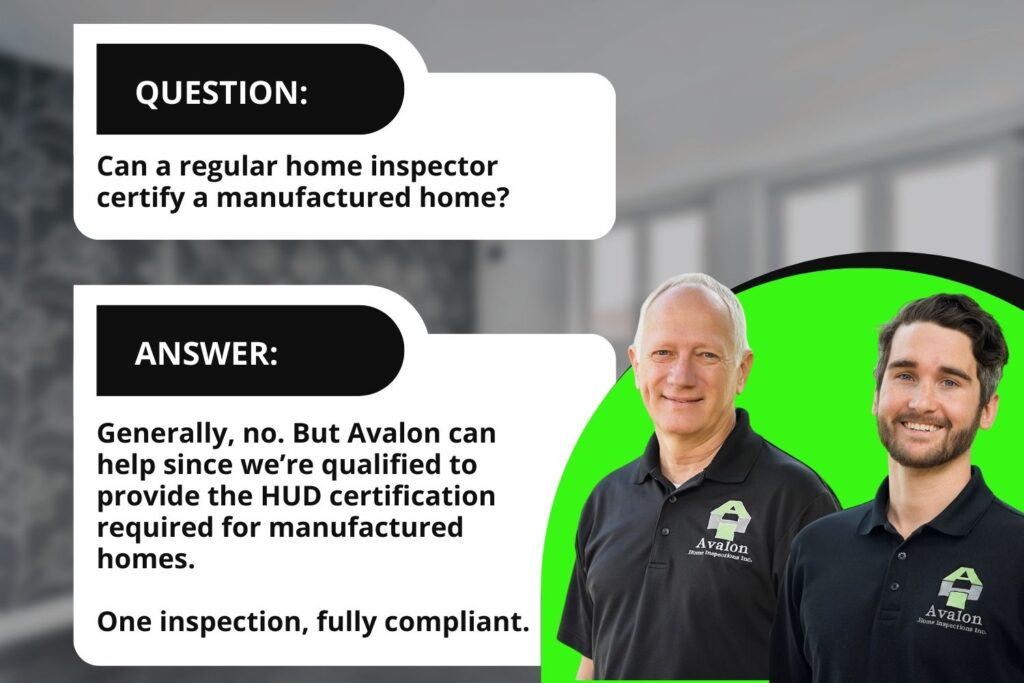
Other Related Questions and Answers
Can a regular home inspector certify a manufactured home?
No. HUD certification requires an inspector or engineer trained in HUD standards. A general home inspection is still useful, but it will not replace the certification letter.
What if my manufactured home has no permanent foundation?
It may need an upgrade before it can qualify for financing. Adding a permanent foundation system is often required for FHA, VA, and USDA loans.
Do manufactured homes need other inspections besides certification?
Yes. Like any home, manufactured homes should be fully inspected for plumbing, electrical, roofing, and structural concerns. Avalon offers both general and specialized inspections, so you can address more than just HUD requirements in one appointment.
Does Avalon inspect more than manufactured homes?
Yes. In addition to manufactured home certifications, Avalon provides pre-listing inspections, new construction inspections, and commercial inspections across the Atlanta area. These services help protect all types of real estate investments.
When to Call a Professional
Timing matters. If you wait until closing to confirm whether your manufactured home meets HUD standards, the sale can be delayed or even fall through.
Lenders require certification letters early in the financing process, so it’s best to schedule the inspection as soon as you decide to buy or list.
Professional help is also essential if:
- You’re unsure whether the foundation qualifies as permanent
- The HUD label is missing or unreadable
- You need a fast turnaround to keep a closing on track
- You want a full home inspection alongside the manufactured home certification
Avalon Home Inspections is uniquely positioned to help because we offer both general and specialized services.
That means you can confirm HUD compliance, identify other potential repair needs, and move forward with confidence.
Conclusion
Meeting HUD standards is one of the most important steps in the sale, purchase, or refinance of manufactured homes.
Call Avalon Home Inspections today to schedule a manufactured home certification or learn more about our full inspection services. We’ll help you simplify the process and keep your transaction moving forward.
